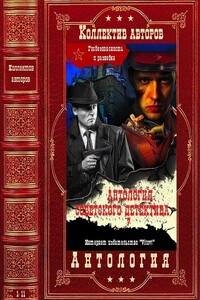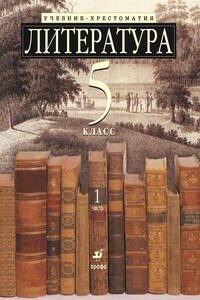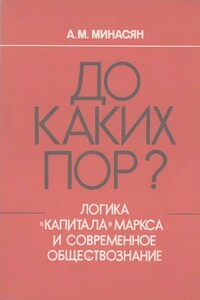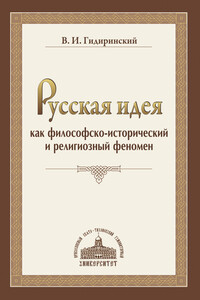Maya Petrova
The concepts of Aristotelian natural science in medieval oneirocriticism
The paper is dedicated to the problem of perception of Greek knowledge in the Middle Ages. How early it could have begun, to what extent it was, and in what form the ingredients of Aristotle’s theories began to appear in the texts of the European medieval authors on dreams, visions and the occurrence of sleep, all are under consideration. The theories of William of Conches (De phil. mundi XXI–XXII), including his glosses on Macrobius’ Commentary on the «Dream of Scipio», and ps.-Augustine (De sp. et an. XXV) are analyzed. It is shown that their texts contain the synthesis of different, non-direct psychological and physiological Greek concepts, in which can be seen not only the influence of Platonic and Neoplatonic doctrines, but also ingredients of the Aristotelian theories.
Keywords: Aristotle, dream, vision, William of Conches, perception.
О.В. Окунева
Аристотель и формирование представлений о коренных народах Нового Света у европейских авторов XVI века
В статье рассматривается несколько примеров того, как европейские авторы XVI в. в поисках ответа на вопрос о теоретической оценке человеческой природы индейцев прибегали к авторитету Аристотеля и рассматривали реалии Нового Света через призму суждений греческого философа о душе, о подобающем политическом устройстве, о врождённой способности / неспособности человека управлять собой и жить в полисе, а также о типах и видах варварства. Один из рассмотренных в статье примеров связан с испанской конкистой и сопутствовавшей ей интенсивной работой по осмыслению того, с чем именно конкистадоры столкнулись в Америке и что с этим надлежит делать испанским монархам. Использование аргументов, восходящих к Аристотелю, в оценке того, являются ли индейцы варварами, по своей природе предназначенными к рабству и одновременно с этим — объектами справедливой войны, в наиболее яркой форме воплотилось в знаменитом диспуте в Вальядолиде 1550–1551 гг. между Хуаном Хинесом де Сепульведой и Бартоломе де Лас Касасом, во время которого стороны, высказывавшие диаметрально противоположные взгляды, апеллировали к одному и тому же Аристотелю, а именно — к его Политике. Второй рассмотренный в статье пример относится к португальской Америке. «Аристотелевский след» в описании португальскими хронистами бразильских реалий будет показан на примере формулы «без веры, закона и короля», ставшей в конце XVI — первой четверти XVII в. практически топосом в описании коренного населения.
Ключевые слова: Аристотель, Политика, Новый Свет, индейцы, Лас Касас, Сепульведа, португальская Америка, алдеаменту.
Olga Okuneva
Aristotle and the representation of the New World indigenous populations in the European authors of the 16>th century
The article deals with some examples of the use of Aristotelian doctrine by the European authors of the 16>th century seeking for answers at the questions about the human nature of the American Indians. It was the Aristotle’s point of view on the soul, on the political organization, on the capacity of the self-governance, on the aptitude to live in the city, and — last not least — on the categories and classes of the barbarians that guided (obviously or unconsciously) Spanish and Portuguese authors in their descriptions and discussions about the New World autochthon populations. One of the examples of such an interrogation can be seen in an intensive philosophical and juridical work during the Conquista in order to define what (and whom) did the conquistadors meet in the Americas and what would be an adequate Spanish monarchs’ reaction. The most notorious case of the discussion based on the Aristotle’s Politics interpreted in two quite opposite ways is the Disputation in Valladolid between Bartolomé de Las Casas and Juan Ginés de Sepúlveda in 1550–1551: what kind of barbarians are American Indians, are they natural slaves and can the «just war» be afflict to them. Another example studied in the article refers to the Portuguese America. An Aristotelian root will be shown on the base of the Portuguese authors’ frequent formula «no faith, no law, no king» in the descriptions of the Brazilian Indians, that became quite a







